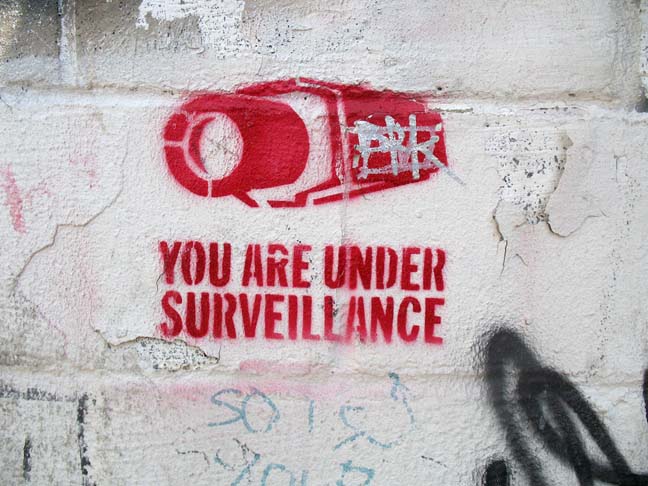
August 27, 2024 at 10:06AM
The report by Cracked Labs titled “Employees as Risks” delves into software designed for cyber security and compliance, such as Microsoft’s Sentinel and Purview and Forcepoint’s Behavioral Analytics (Everfox), which monitor and analyze employee behavior extensively. The report raises concerns about the intrusive nature of workplace surveillance and its potential implications for employees’ privacy and rights.
The meeting notes report by Cracked Labs titled “Employees as Risks” discusses the use of workplace surveillance software by companies like Microsoft and Forcepoint (now Everfox). The report suggests that these software systems have the potential to monitor and analyze various aspects of employee behavior, such as file activity, communication content, and even screen activity. The report raises concerns about the intrusive nature of such surveillance and its potential impact on employee privacy and trust.
Furthermore, the report highlights the risks associated with false positives and inaccuracies in the data generated by these systems. It also discusses the legal and ethical implications of workplace surveillance, including the potential violations of data protection rules and human rights regimes. The report suggests that current legal frameworks may not necessarily be fit for the purpose of regulating these surveillance technologies and calls for a broader consideration of laws related to bodily interferences and individual liberty.
Additionally, the report refers to the commentary of legal scholars and privacy professionals who emphasize the need for regulatory development in order to address the potential harms arising from the use of these technologies. The report also cites the views of Benjamin Wiseman from the Federal Trade Commission, who has spoken about the privacy and rights issues associated with worker surveillance.
In the US, the National Labor Relations Board (NLRB) has expressed interest in workplace surveillance, particularly when it interferes with labor organization rights, as guaranteed under Section 7 of the National Labor Relations Act. The report also suggests that employees and employers in the US should be aware of the state and federal laws governing workplace monitoring, and mentions specific state laws in California, Connecticut, Delaware, New York, Illinois, Massachusetts, and Texas that provide varying degrees of protection against monitoring.
Overall, the meeting notes capture a comprehensive discussion on the concerns and implications associated with the use of workplace surveillance software, and the legal and ethical considerations involved.